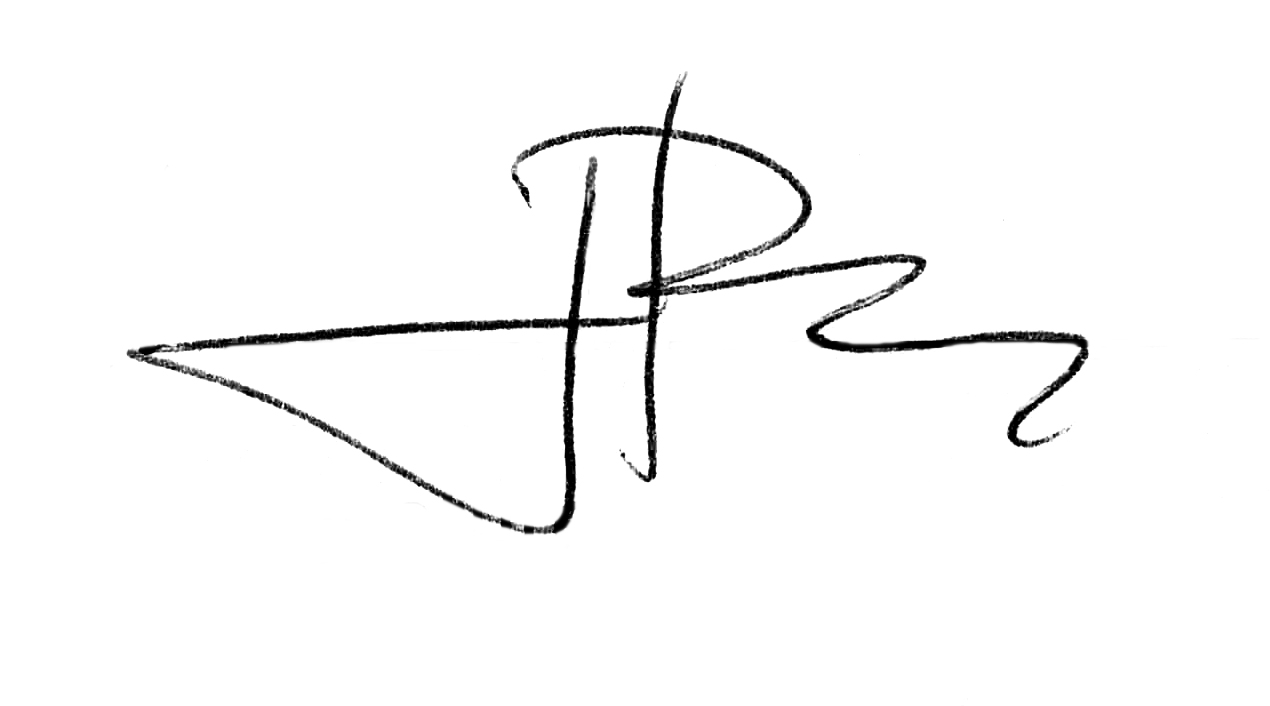(Originally published on www.sasb.org)
New years and new beginnings always seem to go hand in hand. However, for me and my colleagues on the Sustainability Accounting Standards Board (SASB), this one feels unique—a little like waking up and jumping out of bed on the morning of a big marathon. There’s energy. Excitement. Even a little anxiety. That’s because 2018 marks a pivotal year for the SASB as we codify our provisional standards and begin a three-year cycle of standards maintenance.
Of course, running a marathon involves as much hard work before the starting gun as after it—and we have put in that work. The SASB and its staff have spent six years developing and refining provisional sustainability accounting standards for 79 industries across 11 economic sectors. After all that effort, some might be tempted to take a breather and call it a job well done. However, markets never rest and our job requires unwavering dedication. Codification is only the starting line. It’s not the culmination of the past six years, but the beginning of the next three—and beyond.
As we begin this race, the SASB is aware that our pace will continue to be governed by competing tensions: timeliness and quality. On the one hand, we must respond to market needs in a timely way as new issues emerge, investor interest intensifies, corporate best practices are established, and market realities continue to evolve. On the other, we must produce world-class standards that facilitate the cost-effective disclosure of material, decision-useful information.
There is an oft-quoted African proverb that says, “If you want to go quickly, go alone. If you want to go far, go together.” In some sense, we want to do both, so we seek a happy medium. Our due process is designed to balance the need for timely outcomes with the need for comprehensive research and balanced stakeholder participation. It aims to produce high-quality standards and bring the market along in a way that is mutually reinforcing.
Broadly speaking, the SASB’s three-year process involves five key phases—research, stakeholder consultation, agenda setting, exposure drafts for public comment, and a board vote—none of which can be rushed or circumvented if we hope to produce world-class standards that both support and are supported by the market. Following this rigorous process is fundamental to our ability to create equilibrium amid the competing pressures that characterize sustainability accounting, an evolving field of practice that demands prudently applied professional judgment.
To ensure accountability as we follow our due process, the SASB has established an important alliance with the Center for Professional Accounting Practices (CPAP) at Fordham University’s Gabelli School of Business. Fordham will host quarterly public meetings of the SASB, as well as an ongoing speaker series featuring thought leaders in the fields of accounting, securities law, investment, sustainability, and more. By opening the SASB’s proceedings to in-person attendance, this alliance will enhance the SASB’s accessibility and market presence, thereby encouraging and facilitating deeper engagement with stakeholders. After all, as we promote enhanced transparency and accountability in the capital markets, we must uphold those same values in our own work.
Codification of the SASB standards is almost here. And, although it marks the culmination of nearly six years of work on the provisional standards, it’s really our “commencement”—a beginning, not an end. We welcome your engagement and participation as we move forward.
We’re ready. We’re set. Let’s go.



